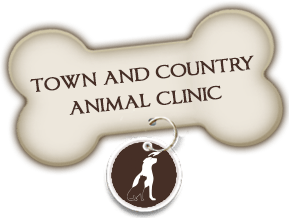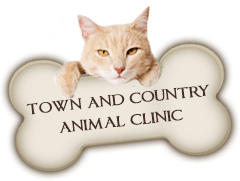
What To Look For With Leptospirosis
Leptospirosis is a disease that both animals and humans can contract. It is caused by numerous different strains of the Leptospira bacteria. Dogs can become infected from surrounding wildlife or through areas contaminated by infected wildlife. This disease has been reoccurring in our area and the reason is believed to be caused by our increasing population migrating into the habitat of wild animals such as raccoons, skunks and rodents. Leptospirosis is a very difficult disease … Read More





